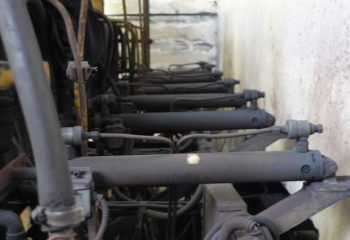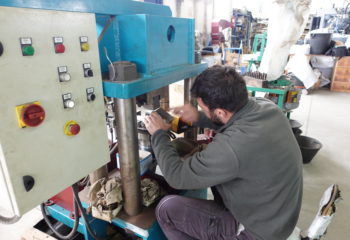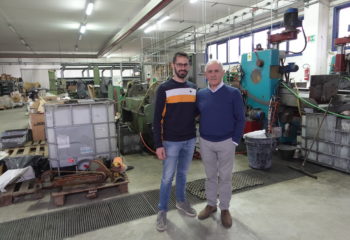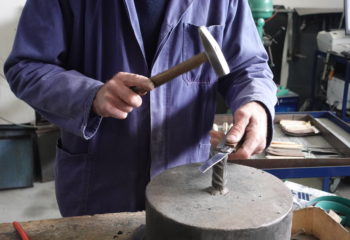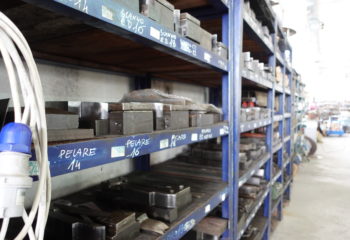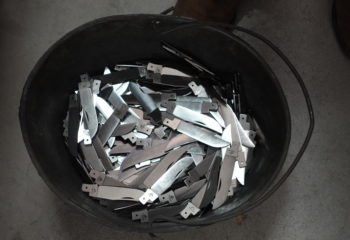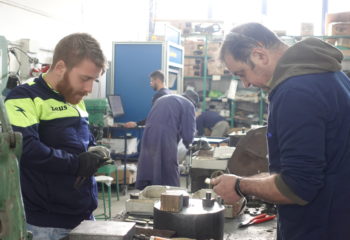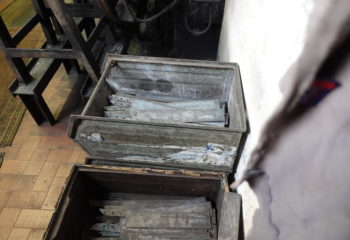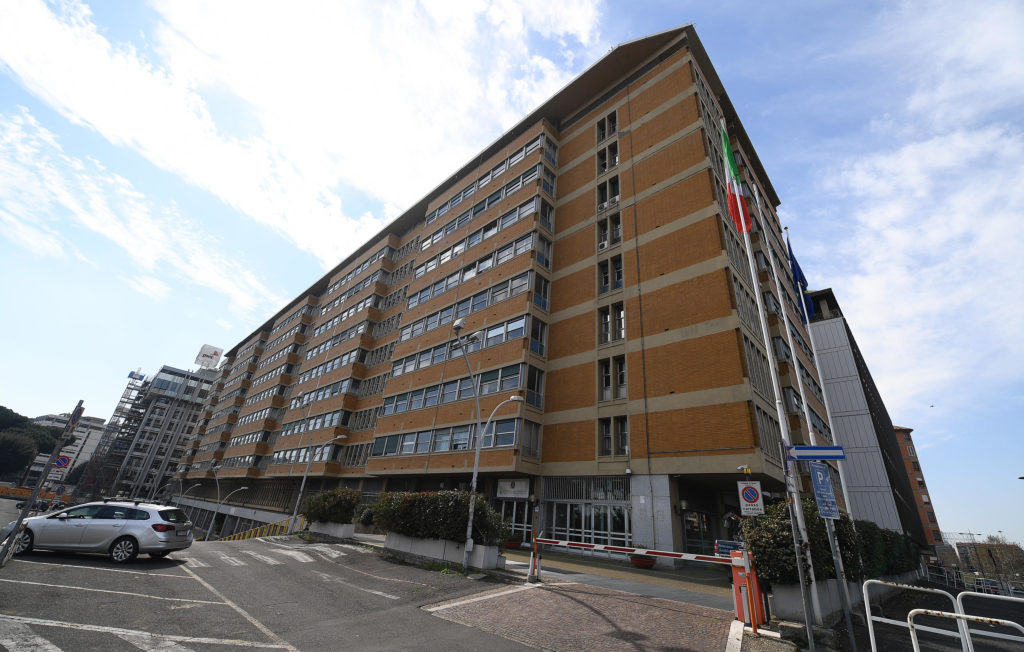Leggi la versione italiana
There is a blade for every vegetable. There is one for the arrosticini and for the swordfish slice. To each, his own knife. Domenico Fraraccio, knife maker, explains. He is the protagonist of CNA Storie of November. Knifemaker, and not cutler: because in Frosolone, Molise, master craftsmen are famous for folding knives. But everything is produced here. More than 75,000 pieces a year. At one time in the small village of artisans like Domenico and his sons, Michele and Nicola, there were more than 100. Mostly single-owner family businesses. It was the workshop-school, where people went to learn. Today Domenico has 11 employees, including two apprentices. The latest arrived a month ago.
“The target market is first and foremost Italy,” Domenico explains. But there is no shortage of foreign countries: “we have customers in America, Saudi Arabia, and even the Balkans.” Knives for extracting cabbage, intended for agriculture; knives for butchery and fishmongers. Coltellerie Fraracci’s traditional customer is the specialty retailer, coilers, hardware stores, and agricultural supply stores.
The knives are made by hand, one by one. Extremely precise work. There are nearly 400 molds here for the base of as many models. But there is no lack of machinery support, of the latest generation: “automatic or semi-automatic procedures are indispensable,” Domenico explains, “to increase production and reduce costs”.
Great attention is paid to research, recycling of materials, and partnerships with local start-ups: such as those in Campobasso and Termoli, from which Domenico, Michele, and Nicola purchased the CNC machine for milling, the one for making plastic handles, and the laser for marking. Techniques evolve, as do materials. With a return to quality. Handles used to be made of horn, that is, cow horns. As time went on, plastic was increasingly used. But today the demand is turning more and more, again, to horn. And then there is the great attention to recycling of waste materials: “We are very careful both for the waste from steel processing, which is sent back to the foundry, and for plastics: these, after processing, are shredded and then reused for further processing.”
Fraraccio has been associated with CNA for twenty-five years. “We have had very good partnerships. It has been a very positive experience,” Domenico notes.
Those who have made it, like Domenico, now have a solid and loyal target market. The threat today is competition from China and Pakistan. On whose products, of the certifications for food use, there is not even a shadow. But looming over everything are expensive materials and energy costs. “On steel the increase has reached forty percent,” says Domenico disconsolately. “On plastics we are up to seventy percent.” But the heaviest ballast is related to heating: “we made an estimate: it will go from 5 thousand to 11 thousand euros.”
The decision to leave every single step of the production process in the same factory is an acknowledgement to the territory: “In our business we do from pressing to finishing, including tempering and molding the handles.”
Between the hands of the workers, each knife passes careful and painstaking examination. Nothing is left to chance. Least of all the technique for properly closing the knife. Which must be taken, needless to say, always on the side of the handle.


